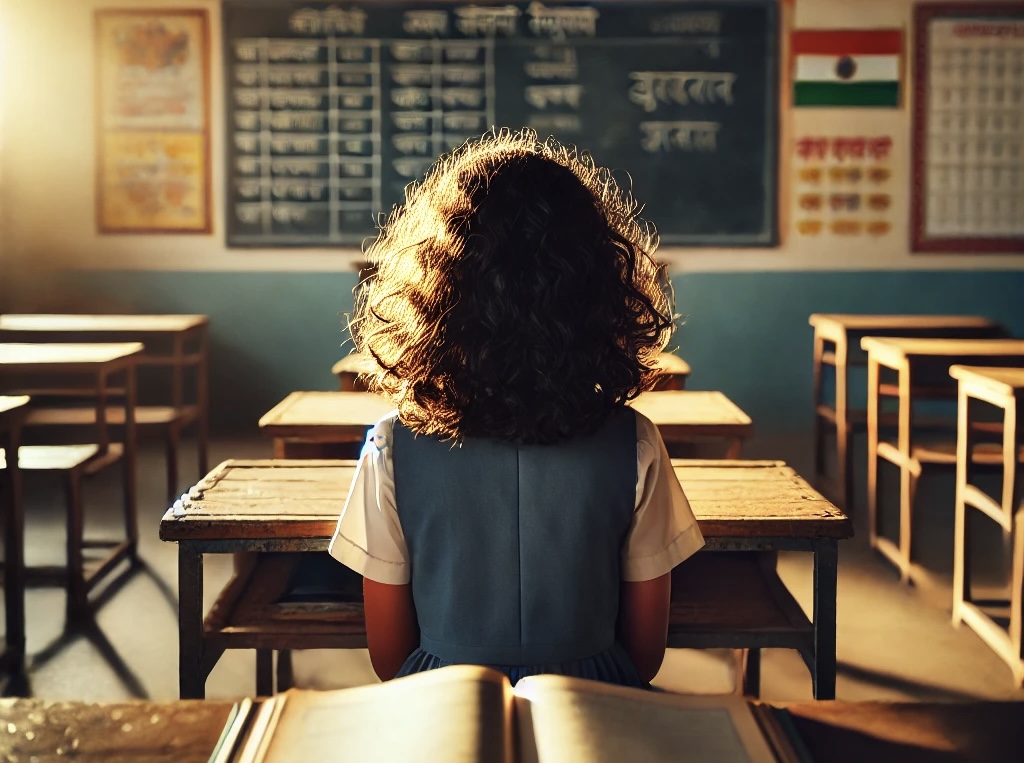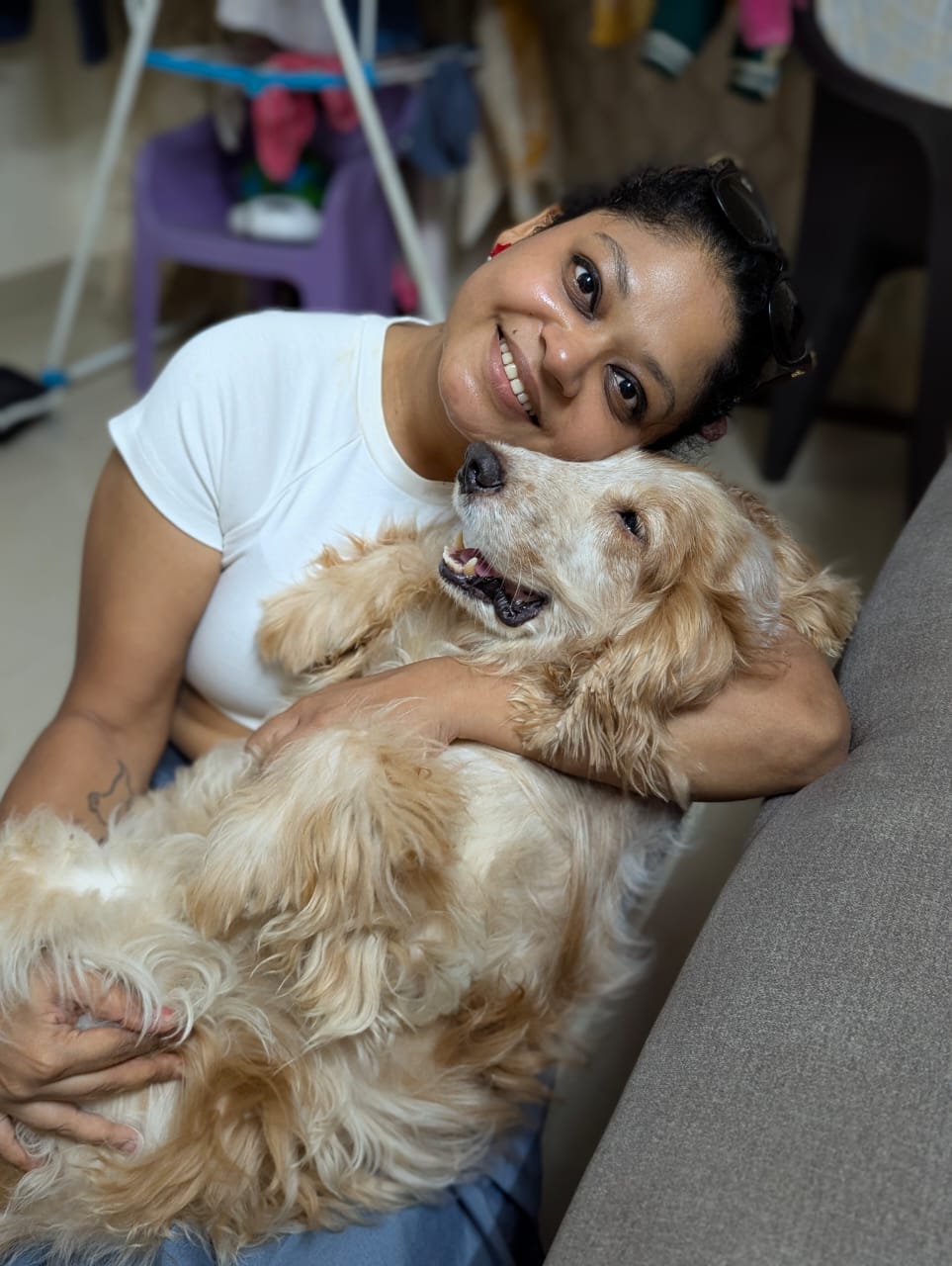Neurodiversity Stories from India Series : Aakanksha’s Journey
Disclaimer: Article written with consent, research & lived experiences as an AuDHD woman.
An Introduction to the Series

Neurodivergent individuals in India have long existed in the shadows—misunderstood, overlooked, and often forced to mask their true selves to fit into societal norms. While conversations around mental health have started gaining traction, neurodiversity—a concept that recognizes and respects neurological differences as part of human diversity—remains largely ignored.
Neurodiversity is an umbrella term that includes conditions such as autism, ADHD, dyslexia, dyspraxia, and other cognitive variations. However, many fail to recognize that neurological differences and mental health conditions are deeply interconnected. Without proper understanding and support, undiagnosed neurodivergent individuals often develop secondary mental health challenges such as anxiety, depression, borderline personality disorder (BPD), and paranoid personality disorder (PPD). Yet, the root cause—neurodivergence—frequently goes unrecognized, leading to years of unnecessary distress, misdiagnosis, and ineffective treatment.
Through the Neurodiversity Stories from India series, we aim to share the lived experiences of neurodivergent individuals—highlighting the challenges of growing up undiagnosed with autism or ADHD, the impact of societal stigma, and the urgent need for greater awareness, acceptance, and accessibility. Each story is unique, but together, they reflect a broader reality: India still has a long way to go in recognizing and supporting neurodivergence.
Our first story is about Aakanksha Mapuskar. Her journey sheds light on the realities of a neurodivergent life.
A glimpse into Aakanksha’s life

Aakanksha Mapuskar, 31, was diagnosed at the age of 30. Receiving the diagnosis was liberating— probably giving her the clarity she had unknowingly sought for years. Like many neurodivergent individuals who receive a late diagnosis, she had spent much of her life navigating a world that didn’t accommodate her needs.
Her childhood had been difficult—marked by neglect and unnoticed struggles.She was often told to stop stimming– a natural phenomenon to self regulate one’s nervous system and her learning challenges were met with shame rather than support.
Aakanksha believes that both men and women face unique challenges regarding how society perceives autism and ADHD. The struggles may differ, but the lack of acceptance remains the same—a reality that resonates deeply with many neurodivergent individuals.
Physically, the stress of navigating life undiagnosed took a toll on her body. She experienced migraines and multiple deficiencies in childhood, and the ongoing strain led to long-term health issues that persisted into adulthood.
“Fatigue lot of Fatigue”
Says Aakanksha when asked about some of the biggest challenges she faced in her day-to-day life as a neurodivergent. Burnout was another reoccurring phenomenon she faced due to masking.
Even after her diagnosis, she found that professional spaces rarely offered the understanding she needed. Insight and empathy were often missing, and she believes that unless someone is neurodivergent themselves, they will never truly understand what it means to be autistic or have ADHD.
When asked whether the world is designed for neurodivergent people, Aakanksha is clear—
“Not really. Atleast not India. Its too ignored. People don't have ramps for wheelchairs in most places and I’m saying that as an architect myself. Neurodivergence acknowledgment and providing for them is a long haul. Unfortunately.”
Her observation highlights a larger issue—if physical accessibility itself remains an afterthought, the inclusion of invisible disabilities like autism and ADHD is even further behind. While awareness is slowly growing, India still has a long way to go before it recognizes and accommodates neurodivergent individuals.
Aakanksha’s story reflects the reality of many neurodivergent individuals in India who grow up & continue to juggle life without any proper support from the system. She believes the biggest change that professionals and society need to embrace is simple:
“Acceptance and empathy.”
If she could send a message to her younger self, it would be –
“You’re enough.”
And she ended by saying –
“Its been difficult.. its not an easy life..”
Takeaway from Aakansha’s story
If there’s one thing to take away from her journey, it’s this: Neurodivergent individuals don’t need to be shamed into fixing themselves because there is nothing to be “fixed”. They need understanding, accommodations, acceptance and most importantly empathy.
So, the next time you come across someone who learns differently, processes the world uniquely, or struggles in ways that aren’t immediately visible—pause before making assumptions. Listen. Learn. Advocate.
Change starts with awareness, but it only becomes meaningful through action. A more inclusive world is possible—but only if we make the effort to build it.
Comments
Post a Comment